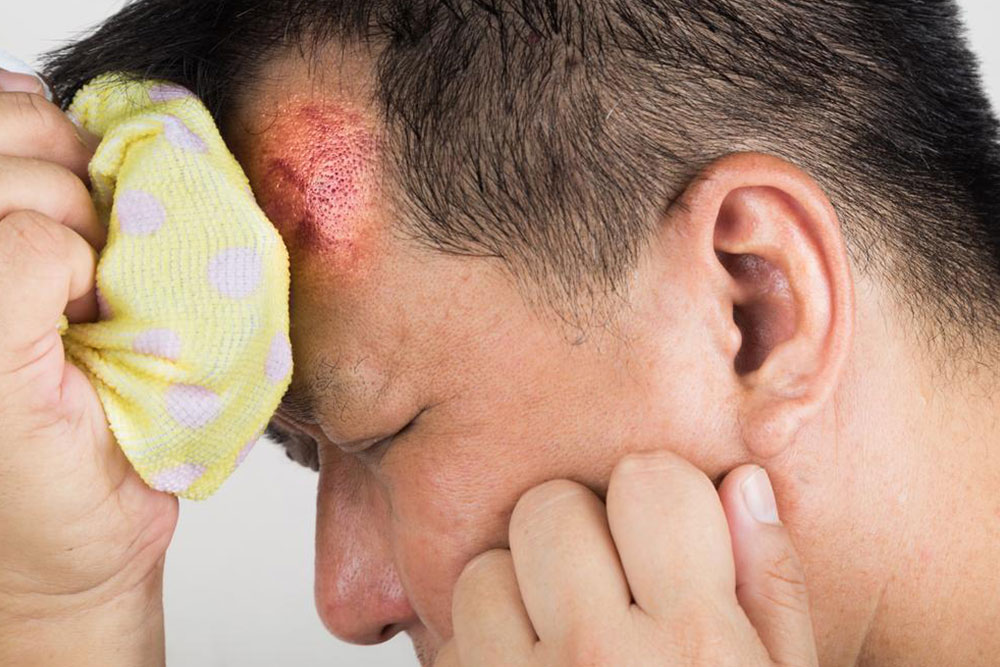Key Signs and Symptoms of Brain Injury Everyone Should Recognize
Recognize the critical signs of brain injury, including hematoma, hemorrhage, concussion, and diffuse axonal injury. Understanding these symptoms helps in timely medical intervention, potentially preventing severe complications. Seek immediate care if head trauma occurs to ensure proper diagnosis and treatment.
Sponsored

Brain injuries, including concussions, skull fractures, scalp lacerations, or any trauma affecting the brain, skull, or scalp, are serious conditions requiring prompt attention. These injuries can vary from minor bumps to severe traumatic brain injuries. Quick diagnosis is critical for effective treatment and recovery.
Brain injuries may be open (penetrating) or closed. Open injuries involve the skull breaking, potentially leading to bleeding or infection, while closed injuries might not bleed but can still cause significant damage. Healthcare professionals are essential in assessing injury severity and determining proper care.
Different brain injuries present distinct symptoms. Here are some common signs to watch for:
Symptoms of intracranial bleeding (hematoma)
A hematoma signifies bleeding outside blood vessels, causing pressure inside the skull. Symptoms include loss of consciousness, which can lead to permanent brain damage if untreated.
Symptoms linked to hemorrhage
Uncontrolled bleeding inside the skull, presenting as frequent headaches, nausea, and vomiting.
Signs of concussion
A concussion involves brain movement within the skull, leading to symptoms like cognitive difficulties, physical discomfort, emotional changes, and sleep disturbances. Common signs include memory issues, nausea, headaches, dizziness, sensitivity to light or noise, fatigue, depression, anxiety, and mood swings.
Indicators of diffuse axonal injury
This injury damages brain cells without visible bleeding, leading to swelling and severe neurological impairment if not diagnosed early.
Other possible symptoms
Seizures, coordination problems, disorientation, difficulty focusing, unusual eye movements, memory loss, personality shifts, persistent headaches, nasal fluid discharge, muscle weakness, blackouts, dizziness, and fainting may also occur following head trauma.





